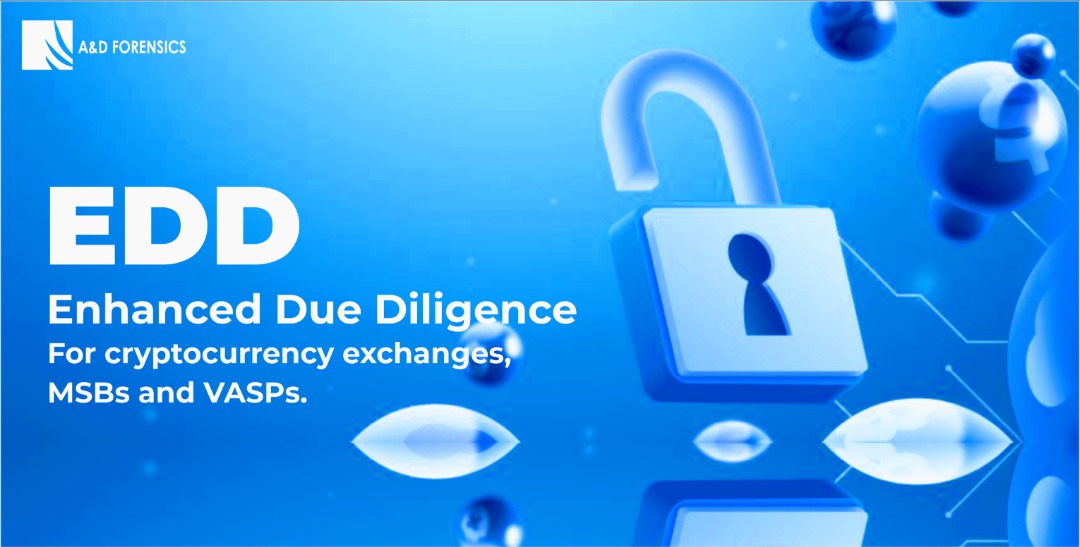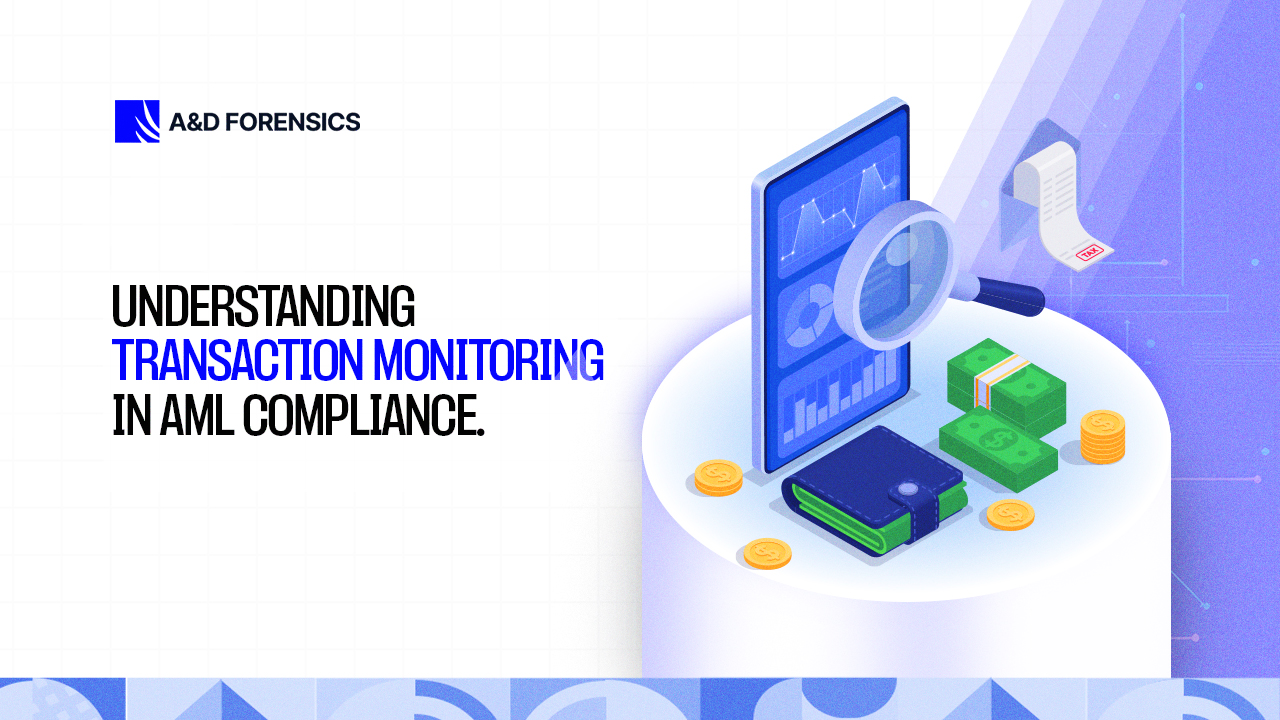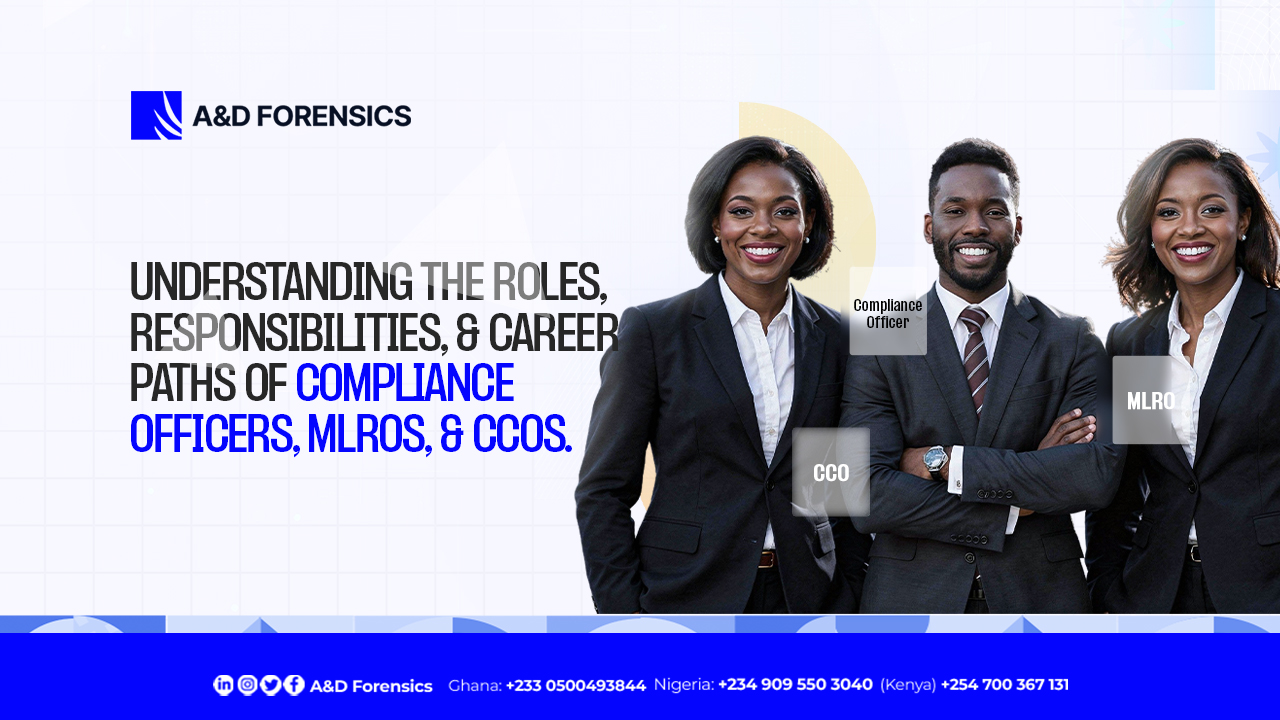Virtual assets such as cryptocurrencies are considered an easier, faster and cheaper payment method. The absence of regulations for Virtual Assets Service Providers (VASPs), Money Service Businesses (MSB)s could lead to illicit actors, money launderers and terrorists considering the use of cryptocurrencies a safe haven for them. It is with this light that Compliance procedures and policies are established and Enhanced Due Diligence becomes necessary for some clients.
When is Due Dilligence Considered Enhanced?
As a cryptocurrency exchange owner, you could apply due diligence by conducting Know Your Customers, KYC while onboarding clients. How well do you exercise more patience with some special clients who seem to have high net worth? Do you give them preferential treatments or request for more documents from them to ascertain the source of their funds? Requesting for more documents and data from them is simply ‘Enhanced’, hence the name, Enhanced Due Diligence!
Are there regulatory bodies committed to ensuring Enhanced Due Diligence?
Obviously the fight against money laundering and terrorist financing have always existed in the traditional finance system. For instance, in Nigeria, the Central Bank of Nigeria, CBN Money Laundering Prohibition Act, 2011 and Terrorist Prevention Act, 2011 as amended in 2013 gives an extensive guideline for financial institutions. In addition, the Nigerian Financial Intelligence Unit, NFIU, which is an autonomous unit with CBN is in charge of coordinating the Nigeria’s Anti-Money laundering(AML), Counter-Terrorist Financing(CTF) and Counter-Proliferation Financing (CPF) framework.
On the International scene, Financial Action Task Force,FATF has measures in place for financial inclusion and emphasis on customer due diligence. In addition, Financial Crimes Enforcement Network, FinCEN helps to ensure that cryptocurrency exchanges and financial institutions comply to The Bank Secrecy Act (BSA) against Money Laundering and Terrorist Financing. FINCEN also ensures that the Risk Based Approach(RBA) is implemented. RBA requires Know Your Customers (KYC)/Customer Due Diligence (CDD) procedures, and in extension Enhanced Due Diligence (EDD). While comparing the state of money laundering regulations in Nigeria and UK, Ehi Eris E. (2014), enumerated some reporting requirements.
What then is Enhanced Due Diligence?
Enhanced Due Diligence, or ‘EDD,’ entails using a risk-based approach to delve deeper into specific client’s identities and collect more information on their reputation and history. Enhanced Due Diligence is advised by cryptocurrency exchanges, VASPs and MSBs to avoid regulatory complications. It’s important to note at this point that EDD is simply an extension of Customer Due Diligence, CDD.
How does Customer Due Diligence Differ from Enhanced Due Diligence?
The difference lies in the word ‘Enhanced’, which means increased checks on the clients. The regular CDD requires AML/CFT/KYT checks, while EDD involves extra identity verification and the review of the risk/reward benefits obtainable while transacting with the client. This implies that EDD isn’t to be carried out on all your clients.
Who should you carry out Enhanced Due Diligence on?
As a VASP, MSB or Cryptocurrency exchange, you are required to carry out EDD on special clients who have been identified as having a high risk of being involved in financial crimes such as money laundering or terrorist financing.
How can you identify high risk clients that require Enhanced Due Diligence?
This isn’t a herculean task if you are able to observe the following characteristics among your clients.
- Anyone holding a high-profile political position. People in this category are called Politically Exposed Persons (PEPs).
- Individuals who had committed any form of financial crime. People in this category are called Special Interest People (SIPs).
- Sanctioned Individuals or Countries whose names appear on OFAC sanction list or the FATF grey/black lists.
- Individuals with a large net worth, this simply means that the Compliance Officer should collate data which will clearly state you client’s source of fund and reveal their Ultimate Beneficial Ownership (UBO).
How should you carry out Enhanced Due Diligence on your Clients?
To carry out Enhanced Due Diligence, it is advised to adopt a Risk Based Approach. According to FATF, “A risk-based approach means that countries, competent authorities, and banks identify, assess, and understand the money laundering and terrorist financing risk to which they are exposed, and take the appropriate mitigation measures in accordance with the level of risk”.
Duties of the Compliance Officers Towards Ensuring Enhanced Due Diligence
Compliance officers are expected to draft a robust procedure and policy for EDD. This should contain specific data special to your business such as your jurisdiction/state, business model and risk profile. To obtain the risk profile, the compliance officer is expected to conduct a risk assessment. The risk profile is achieved after a risk assessment has been conducted by a certified cryptocurrency compliance specialist.
Compliance officers should also evaluate your clients and assign risk levels to them. This can be further categorised into High, Medium and Low risk customers. In addition, clients’ identity should be verified using extra identity documents issued by government. The whole process of Enhanced Due Diligence must be meticulously recorded and reports made available to regulators on request.
The benefits of Conducting Enhanced Due Diligence on your clients include:
1.The amount of information gotten through the process of EDD can assist you to improve your customers service by specifying products to suit them.
2.The processes involved in conducting EDD helps you prevent illicit funds from getting into your platform thereby improving the reputation of your business.
- When you adopt Adopting EDD practices, your prospects know that you care about doing business legally.
- EDD boosts the confidence of your clients to entrust their funds and data to you.
Conclusion
Enhanced Due Diligence, or ‘EDD, is necessary to protect Money Service Businesses (MSBs), Virtual Assets Service Providers (VASPs), and Cryptocurrency Exchanges from financial crimes such as money laundering, terrorist financing, and proliferation financing using cryptocurrencies.
A&D Forensics has developed an anti-money laundering solution to ensure compliance and assist VASPs, MSBs and Cryptocurrency Exchanges in complying with regulatory rules. Our AML solution service helps your business remain AML/CFT compliant to minimise your business exposure to risk. It also increases customer due diligence as well as enhanced due diligence where applicable. To consult with us, schedule a meeting with us via https://adforensics.com.ng/aml/






